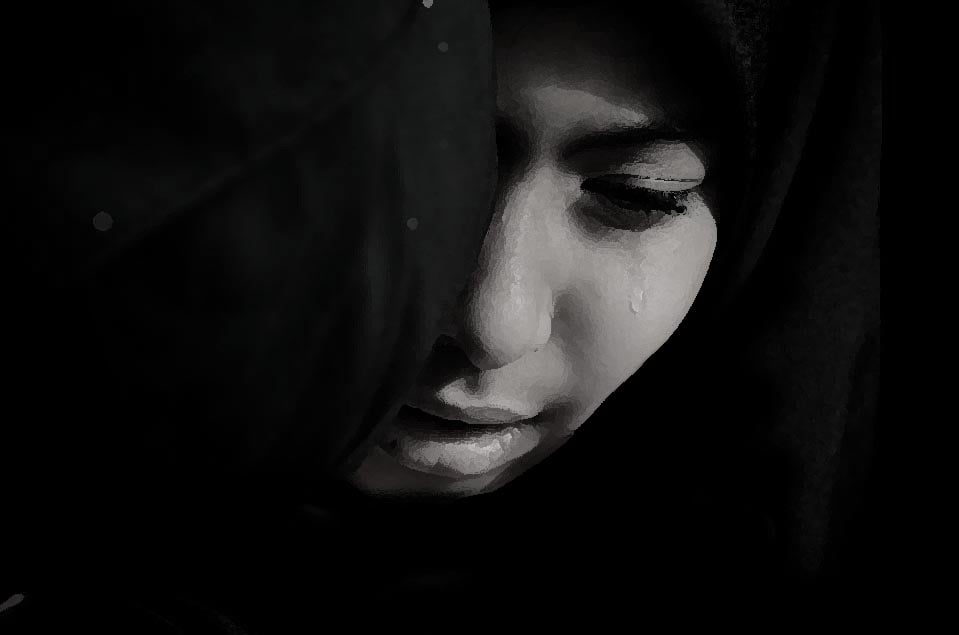Rape and sexual assault are heinous crimes that leave survivors traumatized and in need of justice. Yet, many survivors hesitate to immediately report these crimes to law enforcement. In this article, we delve into the complexities surrounding victims’ reluctance to approach the police and shed light on the barriers they face when seeking justice.
One of the foremost reasons victims hesitate to report rape or sexual assault is the fear of retaliation. Perpetrators often employ threats, intimidation, and coercion to keep their victims silent. The act of reporting can expose survivors to further harm, especially if they continue to interact with their abusers or dread retribution.
A lack of faith in the criminal justice system’s ability to handle their cases effectively is another significant hurdle for survivors. Concerns regarding insensitive treatment, victim-blaming, or disbelief from law enforcement officials can dissuade survivors from coming forward. The fear of not being taken seriously or encountering judgment can be a major deterrent.
Society’s stigma surrounding rape and sexual assault can be paralyzing for victims. Survivors may fear being blamed, judged, or shamed by friends, family, or even strangers. This fear of stigmatization can lead to feelings of shame, guilt, and self-blame, making it arduous for victims to share their experiences.

Rape and sexual assault are profoundly traumatic events, with survivors often experiencing shock, disbelief, shame, guilt, anger, and fear in their aftermath. These intense emotions can create a formidable barrier to immediate reporting, as survivors grapple with the psychological consequences of the trauma they endured.
Cultural norms and societal attitudes towards rape and sexual assault can vary dramatically across communities and countries. Some cultures may stigmatize victims or prioritize family honor over seeking justice. These cultural barriers can discourage victims from reporting their experiences due to fears of social ostracism or negative consequences within their communities.
Reporting rape and sexual assault is a deeply complex decision that requires survivors to navigate numerous personal and societal challenges. These barriers are deeply rooted in societal attitudes, personal experiences, and systemic issues within the criminal justice system. To address this issue, creating a supportive environment free from judgment and retribution is paramount.
If you or someone you know has experienced rape or sexual assault, please seek support from helplines, counseling services, or organizations that specialize in assisting survivors. You are not alone, and there are resources available to help you through this difficult journey.
Resources:
1.https://www.bbc.com/news/uk-66843086
2.https://www.bbc.co.uk/news/uk-66843086
4.https://abcnews.go.com/Health/trauma-memory-rape-victims-report-details-hazy/story?id=27450074